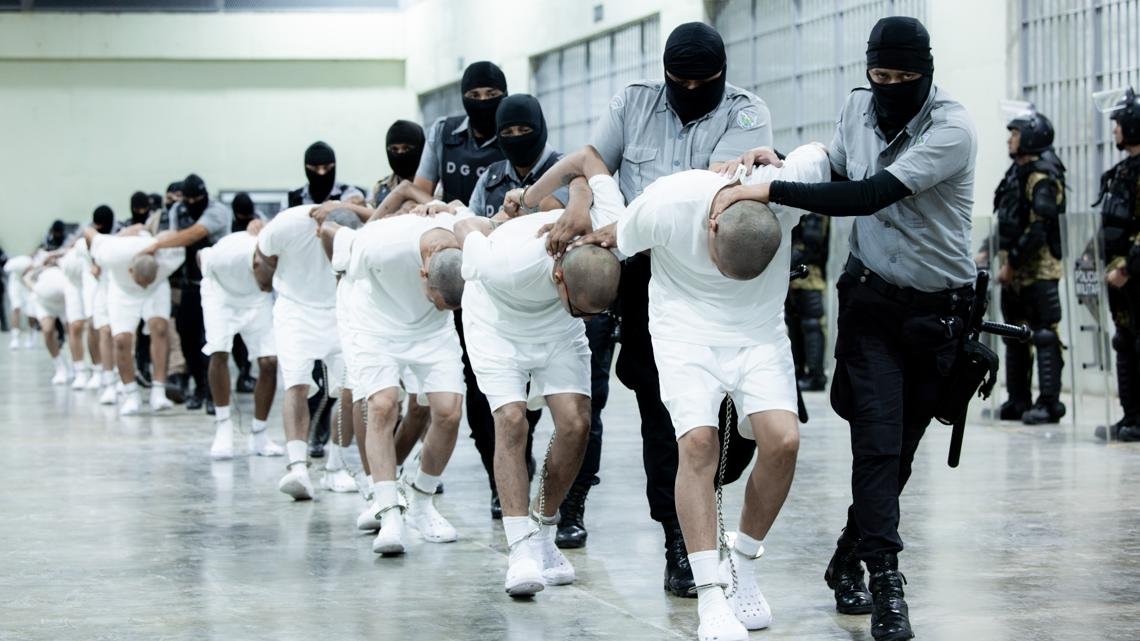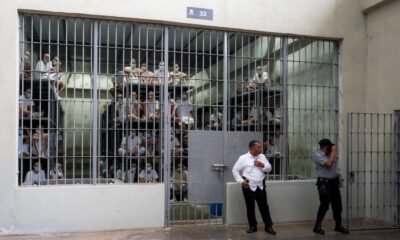cct-tracking
Trump Administration Pushes Forward with Mass Deportations Despite Judicial Halt

Recent deportations of immigrants, carried out by the Trump administration under the rarely invoked Alien Enemies Act of 1798, have gained significant attention, particularly following a federal court’s response. This law has been utilized only three times in U.S. history, making its current application noteworthy.
As of Sunday, officials confirmed that hundreds of individuals were sent to El Salvador despite a federal judge’s temporary injunction against such deportations. U.S. District Judge James E. Boasberg issued this order on Saturday, but the deportation process had already commenced, with two planes en route—one to El Salvador and the other to Honduras.
Judge Boasberg expressed concern over the administration’s actions, having verbally directed the rerouting of the flights. However, it appears that his order was not formally included in the written ruling, leading to confusion over compliance. White House Press Secretary Karoline Leavitt defended the administration, insisting that the court order lacked legal standing due to its timing. She maintained that the flights involved were already underway before the order was issued.
The administration’s operations have drawn reactions not only from U.S. officials but also from international leaders. Salvadoran President Nayib Bukele welcomed the deportations, announcing plans to detain approximately 300 immigrants for one year at a cost of $6 million. He publicly shared his musings regarding the timing of the recent ruling that stymied further actions.
Legal implications are significant in this situation, noted Georgetown University Law Professor Steve Vladeck. He stated that while the administration’s actions might not legally breach the letter of Boasberg’s order, they violated its intent. This creates a precedent for courts to be more explicit in their directives to prevent similar issues in the future.
The deportations stem from Trump’s proclamation regarding members of the Tren de Aragua gang. This law, which allows the president to take extreme measures during wartime, was enacted at a time when immigration laws provided protections that many deported individuals potentially could have claimed.
In an official response, Venezuela denounced Trump’s use of the Alien Enemies Act. They characterized the action as reminiscent of “the darkest episodes in human history,” drawing parallels to historical injustices.
Video footage released by the Salvadoran government depicted a grim scene at the airport as individuals, bound in shackles, were escorted to prison facilities. They were shown being processed in a heavily guarded setting, illustrating the severity of the situation faced by those deported.
As litigation progresses, the Department of Justice has stated that it will refrain from utilizing the blocked proclamation for any future deportations unless the ruling is reversed. Meanwhile, the current bar on deportations will last up to 14 days while defendants in the case seek a permanent resolution.
Judge Boasberg emphasized the necessity of allowing these immigrants an opportunity to contest their removals, noting concerns about the potential violation of their constitutional rights. “Once they’re out of the country,” he remarked, “there’s little I could do.”
The upcoming hearing on Friday will further explore the legality of the deportations, with the implications potentially reshaping how immigration enforcement is handled under similar circumstances in the future.


















